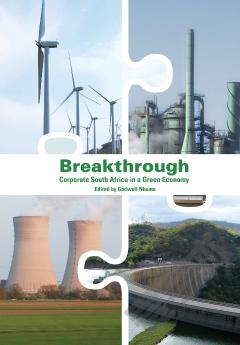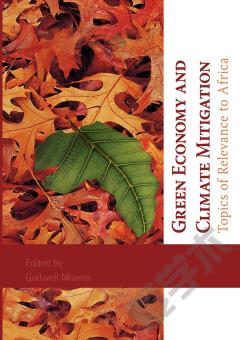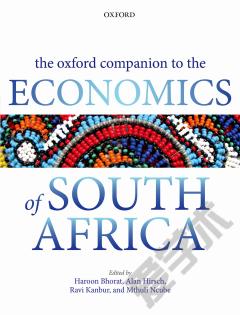Breakthrough: Corporate South Africa in a Green Economy
The drivers for Barloworld to take the route of ensuring sustainability through strategy as a vehicle of transition to greener economy fall under three categories, namely: organisational reputation; internal cost savings; and the need to open up new business opportunities. Barloworldâs defining characteristic in terms of enablers towards transition to a low carbon and green company is its integrated approach that addresses environmental (including climate change), social, and financial needs. To this end, the group has a longstanding Value Based Management (VBM) approach. The VBM approach addresses long term value creation for all the groupâs stakeholders, and the goal of being a responsible corporate citizen. Barloworld has entrenched a sustainable development culture into its strategy by identifying it as one of the six Strategic Focus Areas. The identification of sustainable development as a strategic issue, therefore, stands out as the major breakthrough. Linked to this breakthrough are divisional initiatives including: energy and resulting emission efficiency improvements; products including supply chain optimisation tools (Combined Inventory and Network Optimisation, CAST-CO2); external and internal communication; rebuilding machines and components; green trailer; green buildings; The Carbon Offsetting Programme at Avis Rent a Car; water recycling and harvesting; and alternative fuel sponsorship. These are low carbon and green economy issues that this case study profiles. The conclusion is that Barloworld has operationalised its transition to low carbon and green economy and the results testify to this narrative.
{{comment.content}}








 京公网安备 11010802027623号
京公网安备 11010802027623号